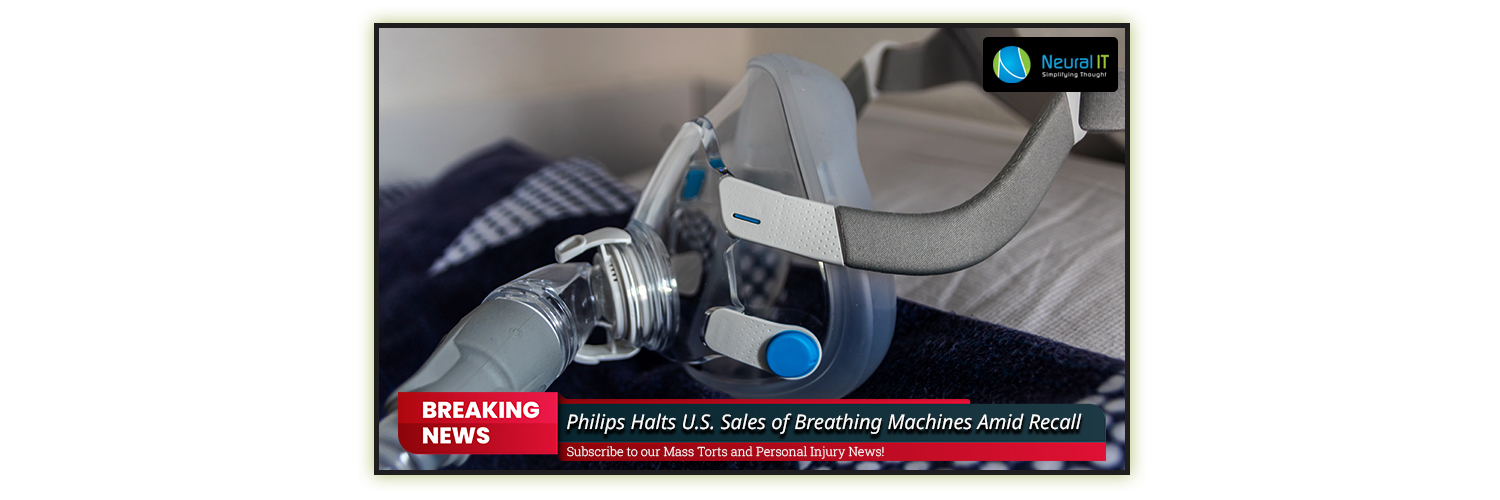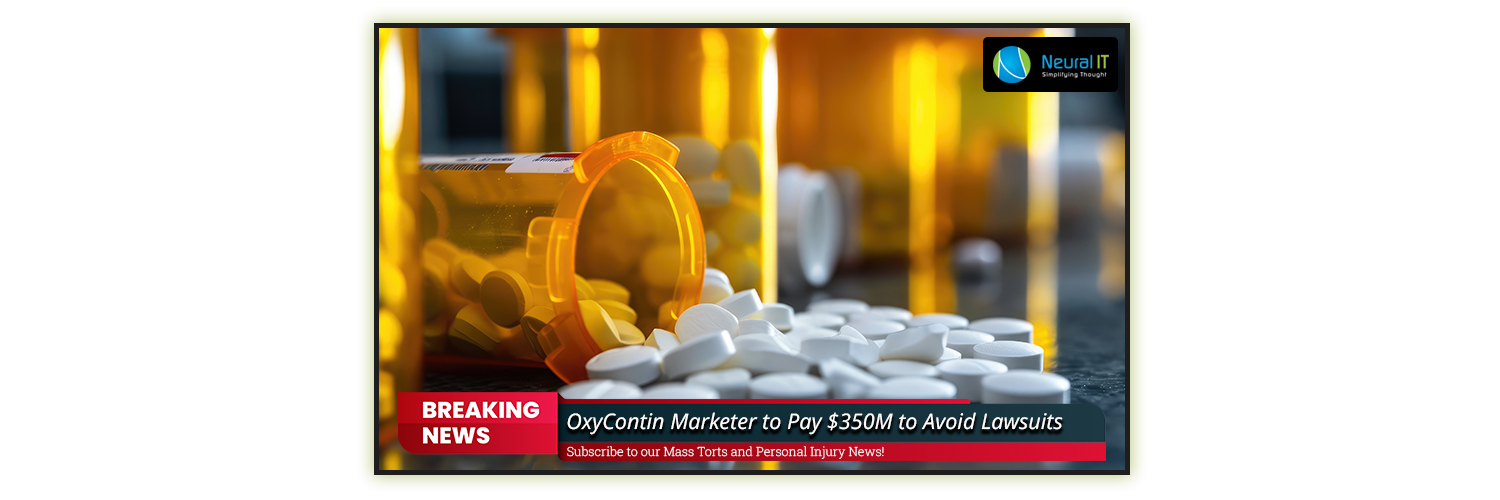Philips Halts U.S. Sales of Breathing Machines Amid Recall

Philips Respironics has announced a suspension of all sales of its breathing machines in the United States following a settlement with the Food and Drug Administration (FDA) over persistent issues with the devices.
The company's ventilators and CPAP machines, designed to assist breathing during sleep, were recalled after reports of emitting foam particles and potentially toxic gases into users' airways.
In the settlement, Philips has committed to meeting a set of standards in a "multiyear" plan before resuming business in the United States. Specific details of the agreement will be disclosed upon finalization in court. Philips assured that it would continue repairing existing devices and providing service to users.
The initial recall began in June 2021, with millions of devices affected. The recall was prompted by concerns over potential serious injuries or permanent impairment resulting from potentially cancer-causing chemicals emitted by the machines. Despite Philips' claims that additional testing showed no appreciable harm to patients' health, the FDA contested some of these assertions, deeming them "unpersuasive."
Philips faced ongoing scrutiny and initiated further recalls in an effort to enhance the devices. The FDA's director of the device division refrained from commenting until the agreement was finalized and filed with the court.
Approximately 15 million breathing machines produced since 2006 were affected by the initial recall, with around five million still in circulation in mid-2021. The absence of immediate replacements caused confusion and distress among doctors and patients, who grappled with the decision of using a faulty device versus the risks associated with impaired breathing during sleep.
Sleep apnea affects millions of people, and the recalled machines included CPAP (continuous positive airway pressure) devices, BiPap devices, and ventilators. The impact of the recall extended to lawsuits filed by thousands of patients against Philips, alleging a range of respiratory and health issues, including claims of deaths from lung cancer. In September, Philips reached a $479 million settlement with plaintiffs to cover financial losses related to repairing or replacing the machines.
However, litigation concerning illnesses and medical costs is still pending. Amid the settlement announcement, Philips disclosed a consent decree brokered with the U.S. Justice Department and the FDA alongside its fourth-quarter earnings report. The company wrote down approximately 363 million euros to cover the costs associated with fulfilling the settlement requirements. Philips' stock, traded in the United States, experienced about a 7 percent decline following the news.
While the suspension impacts sales in the United States, Philips affirmed its commitment to selling products in other countries. The agreement reflects ongoing efforts by the company to address concerns, enhance device safety, and navigate legal challenges associated with its breathing machines.
OxyContin Marketer to Pay $350M to Avoid Lawsuits

An advertising agency, instrumental in crafting marketing campaigns for OxyContin and other prescription painkillers, along with a pharmaceutical company, has reached separate agreements totaling $500 million to avert a trial regarding their alleged role in the U.S. opioid crisis.
Publicis Health, a component of the Paris-based media conglomerate Publicis Groupe, committed to a $350 million settlement. A portion of this sum will be distributed to every state within the next two months, with the majority allocated to combat the overdose epidemic. Concurrently, Hikma Pharmaceuticals agreed to a $115 million cash settlement, coupled with supplying $35 million worth of an overdose reversal drug to state, local, and Native American tribal governments.
Publicis stands out as the first advertising company to reach a substantial settlement related to the impact of opioids in the U.S. Although facing a lawsuit in Massachusetts, the company settled with most states preemptively before facing formal court claims.
The New York Attorney General's office, leading negotiations with Publicis, disclosed that the advertising agency collaborated with Purdue Pharma, the maker of OxyContin, from 2010 to 2019. During this period, Publicis contributed to campaigns promoting OxyContin and other prescription opioids, including Butrans and Hysingla. The materials emphasized the abuse-deterrent features of OxyContin and advocated for escalating patients' doses. Despite the formulation making it more difficult to misuse the drug for a quicker high, it did not diminish the addictive nature of the pills.
The Washington Attorney General revealed that Publicis supplied physicians with digital recorders, enabling the analysis of conversations between prescribers and patients regarding opioid usage.
As part of the settlement, Publicis agreed to release internal documents detailing its collaboration with Purdue and other companies involved in opioid manufacturing. The company clarified that the settlement does not imply an admission of wrongdoing. Publicis stated that most of the work covered by the settlement was conducted by Rosetta, a company owned by Publicis that ceased operations a decade ago. The company also reaffirmed its policy of refraining from taking new projects related to opioid products. Publicis mentioned that insurers would reimburse $130 million, with $7 million designated for covering legal fees incurred by the states.
London-based Hikma also emphasized that its settlement does not imply acknowledgment of wrongdoing. Numerous entities, including drugmakers, wholesalers, pharmacies, a consulting company, and a health data firm, have entered settlements over opioids with U.S. federal, state, and local governments, amounting to over $50 billion.
One of the most significant proposed settlements involves Purdue Pharma and state and local governments. As part of the agreement, members of the Sackler family, who own Purdue, would contribute up to $6 billion and relinquish ownership. The U.S. Supreme Court is reviewing whether shielding family members from civil lawsuits is appropriate within this arrangement.
The opioid crisis has claimed the lives of hundreds of thousands of Americans in successive waves. The crisis originated in 1996 with the introduction of OxyContin and was initially linked to prescription opioids. Subsequently, as measures against overprescribing and illicit pills intensified around 2010, heroin-related deaths surged. In recent years, opioids, particularly illicitly produced fentanyl, have been assoc
